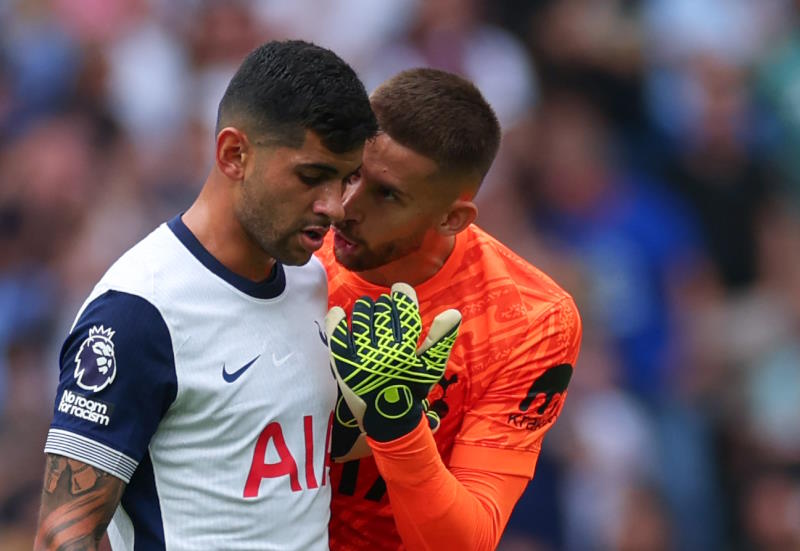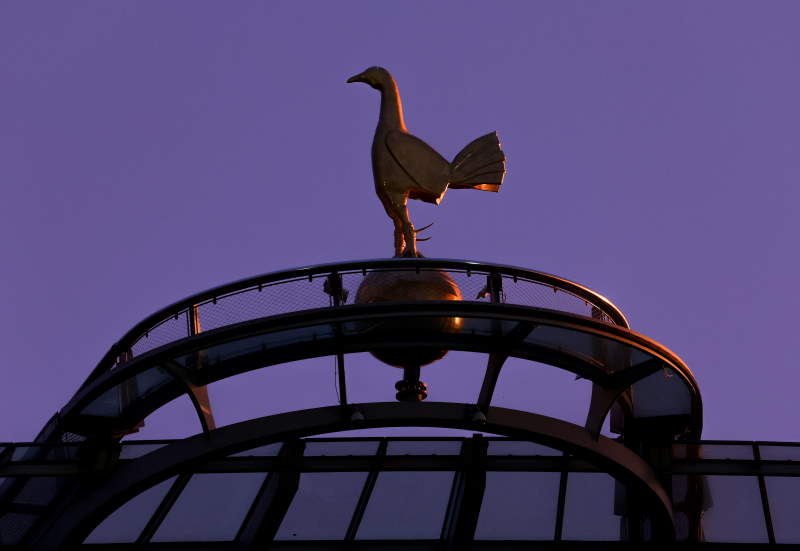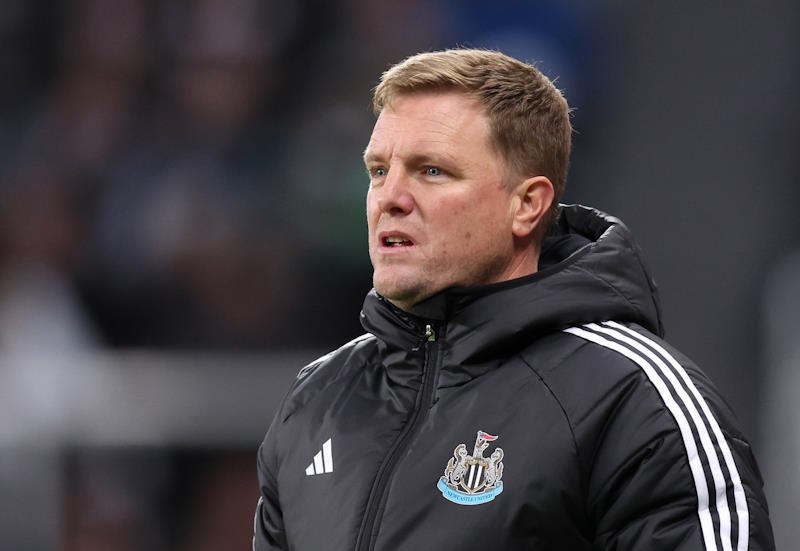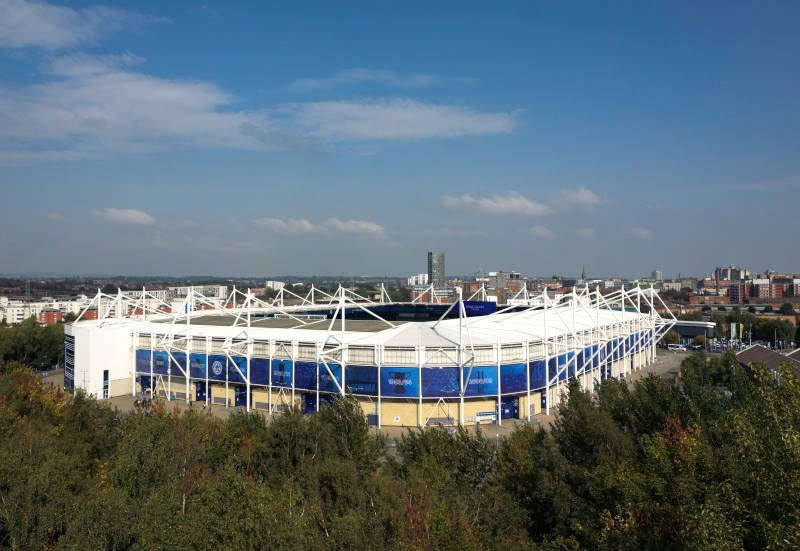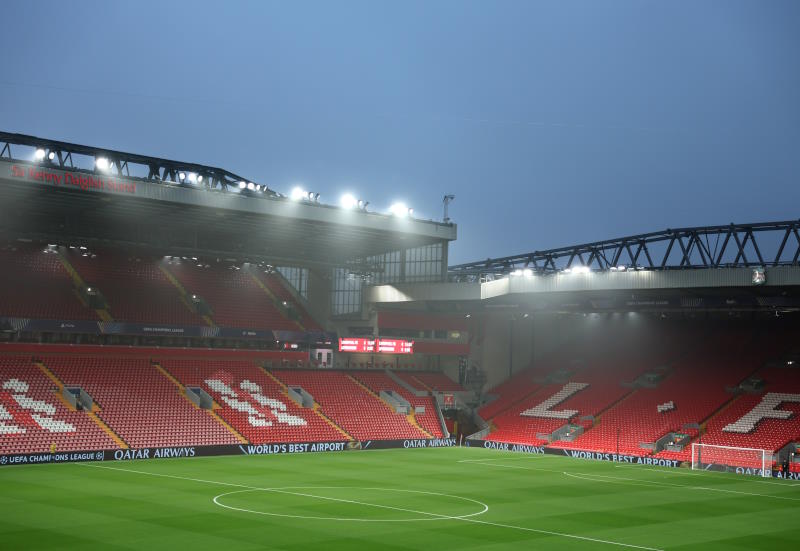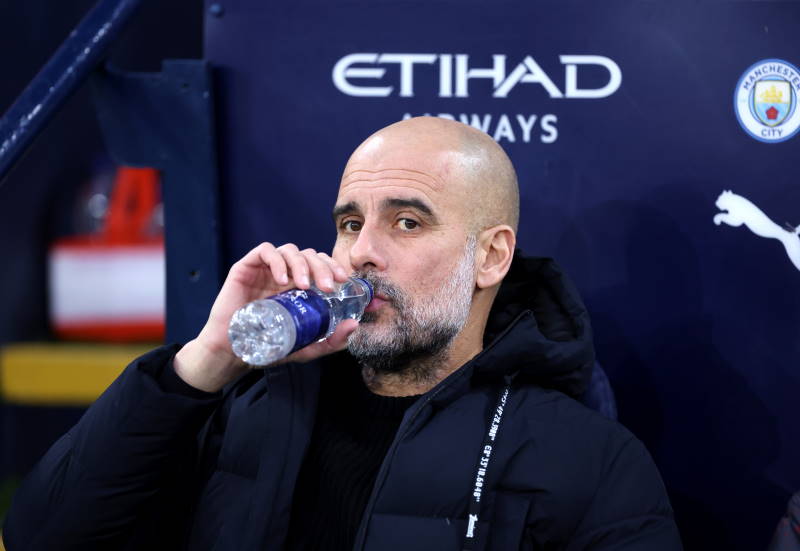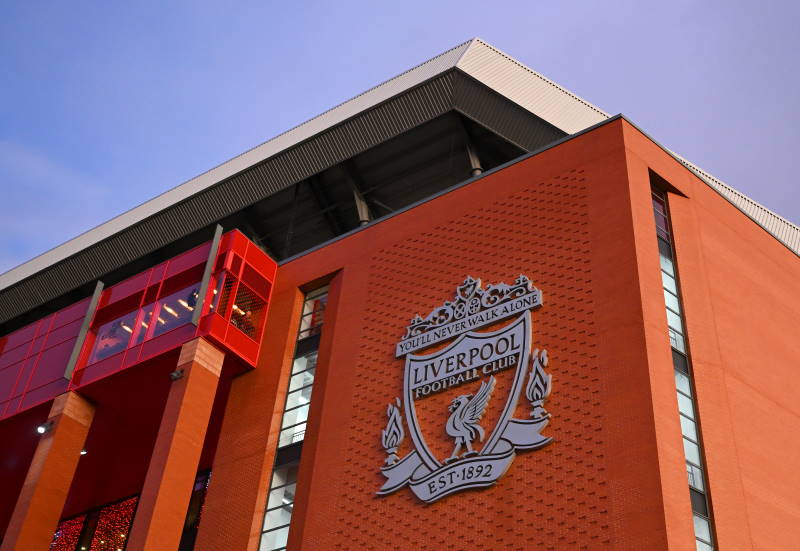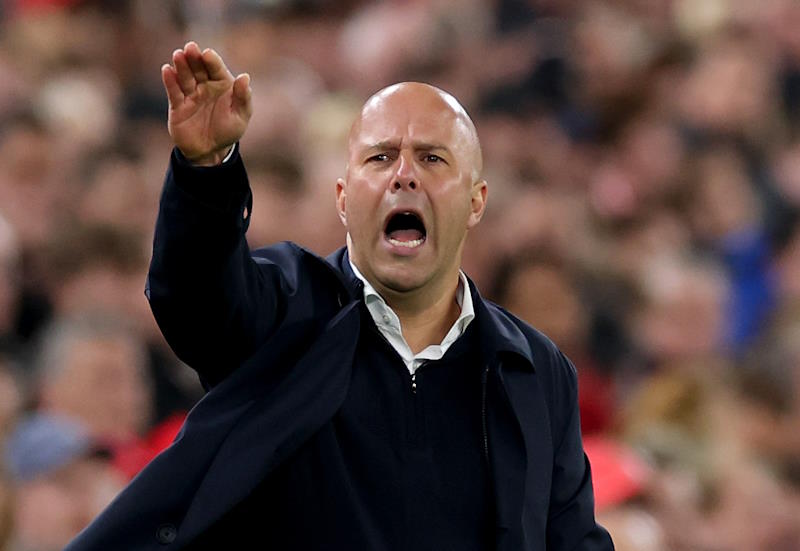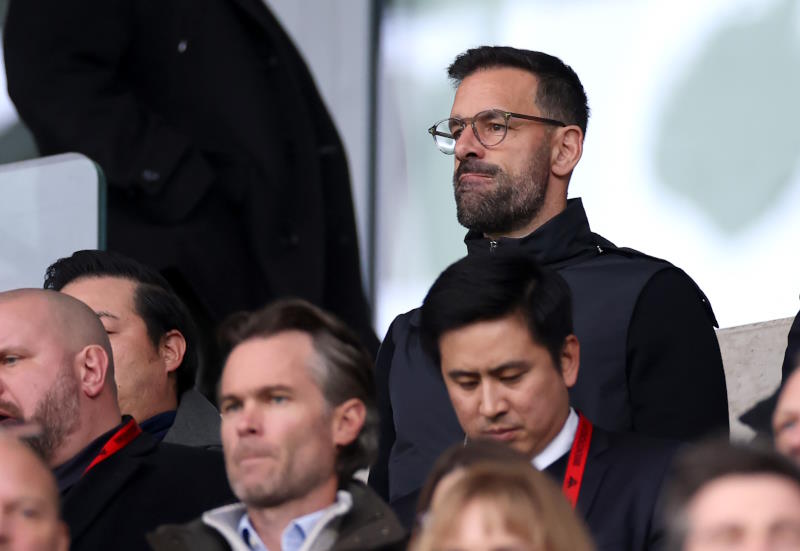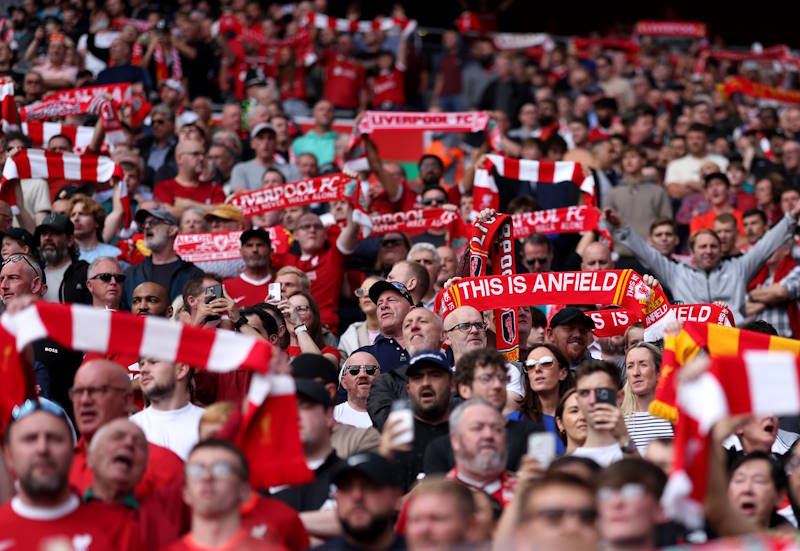
Considering the degree to which Brazil’s national identity is intertwined with that of its football team, it is a great source of embarrassment for many Brazilians that they have never won Olympic Gold in the sport that has otherwise defined them. The women’s team have managed two Silver medals, but for the men the Bronze medals obtained at the Olympics of 1996 and 2008 are the disappointing high water mark of campaigns often fraught with self-inflicted meltdown.
For instance, few Brazilians will ever forget the manner of their exit from the 2000 tournament in Australia. A goal down to a Cameroon side reduced to nine men, Ronaldinho’s 94th minute equaliser forced extra time and seemed to pave the way for a comfortable victory against tiring opponents for a team also featuring the likes of Alex (now a living legend at Fenerbahce), Fabio Aurelio (ex-Valencia and Liverpool) and Geovanni (ex-Barcelona and Manchester City). Instead, Brazil somehow succumbed to a golden goal winner from Modeste M’bami.
The 2012 tournament at the London Olympics would appear to provide Brazil with an excellent chance to finally put their Olympic hoodoo to rest. Rightly considered one of the favourites alongside the likes of Mexico, Spain and Uruguay, there are immediate as well as long term goals that can be fulfilled by success in London.
As 1970 World Cup winning forward Tostao noted in his regular newspaper column earlier this year, the Olympic tournament comes at a vital stage in the evolution of the national team under coach Mano Menezes. Appointed following Brazil’s unsatisfactory quarter-final defeat to the Netherlands in the 2010 World Cup, Menezes arrived preaching the importance of ridding the Selecao of its reliance on the counter-attack, the team’s primary weapon under former coach Dunga.
A superb 2-0 debut win over the United States notwithstanding, initial performances were underwhelming. The 2011 Copa America, in which Brazil were eliminated by Paraguay at the quarter-final stage, did little to instil confidence in Menezes’ methods and there were calls for his head immediately after the tournament. In spite of this, the Brazilian Football Federation elected to persevere with the former Corinthians coach and there have been promising signs in recent friendlies that his techniques are beginning to bear fruit.
Despite encompassing two defeats, four friendlies played with a squad compliant to Olympic rules in late May and early June yielded performances that were highly improved over previous offerings. Brazil pressed higher up the pitch, made an effort take the initiative and increased their share of possession, achieving figures upwards of sixty percent in the first three games.
The Selecao were far from watertight defensively – conceding eight goals – and there was still too great a reliance on the central attacking midfielder in Menezes’ preferred 4-2-3-1 formation – in this case Chelsea target Oscar – to drop back and take the ball off the creatively limited central midfielders – most evident in the 2-0 defeat to Mexico – but in general the performances were encouraging and helped foster belief that Brazil can make a decent stab at winning the 2014 World Cup, which they host.
However, without the regular competitive matches afforded to all others vying for a place at that tournament, the Olympics and next year’s Confederations Cup represent the only opportunities Menezes has to test his young, improving team in a competitive environment. And Tostao believes that success in London is vital if the coach’s admirable faith in youth is to continue through to the World Cup.
”If Brazil win the gold medal, the young players will gain confidence and be preferred for the World Cup,” he wrote. “If Brazil lose, it will increase requests for the return of players from the last World Cup such as Kaka, Robinho and Luis Fabiano.” Furthermore, the legend noted that Menezes’ job could very well be on the line should Brazil not emerge victorious, or at least make a decent show of trying to.
There is, therefore, the burden not just of history but of a future not yet told riding on the backs of the eighteen men selected to represent Brazil in this year’s Olympic tournament. By its conclusion world football should have a much clearer idea of what the 2014 World Cup hosts will look like in two years’ time. Brazilians will also allow themselves to hope that their nation’s search for the last major international trophy still to elude them will have been ended once and for all.

